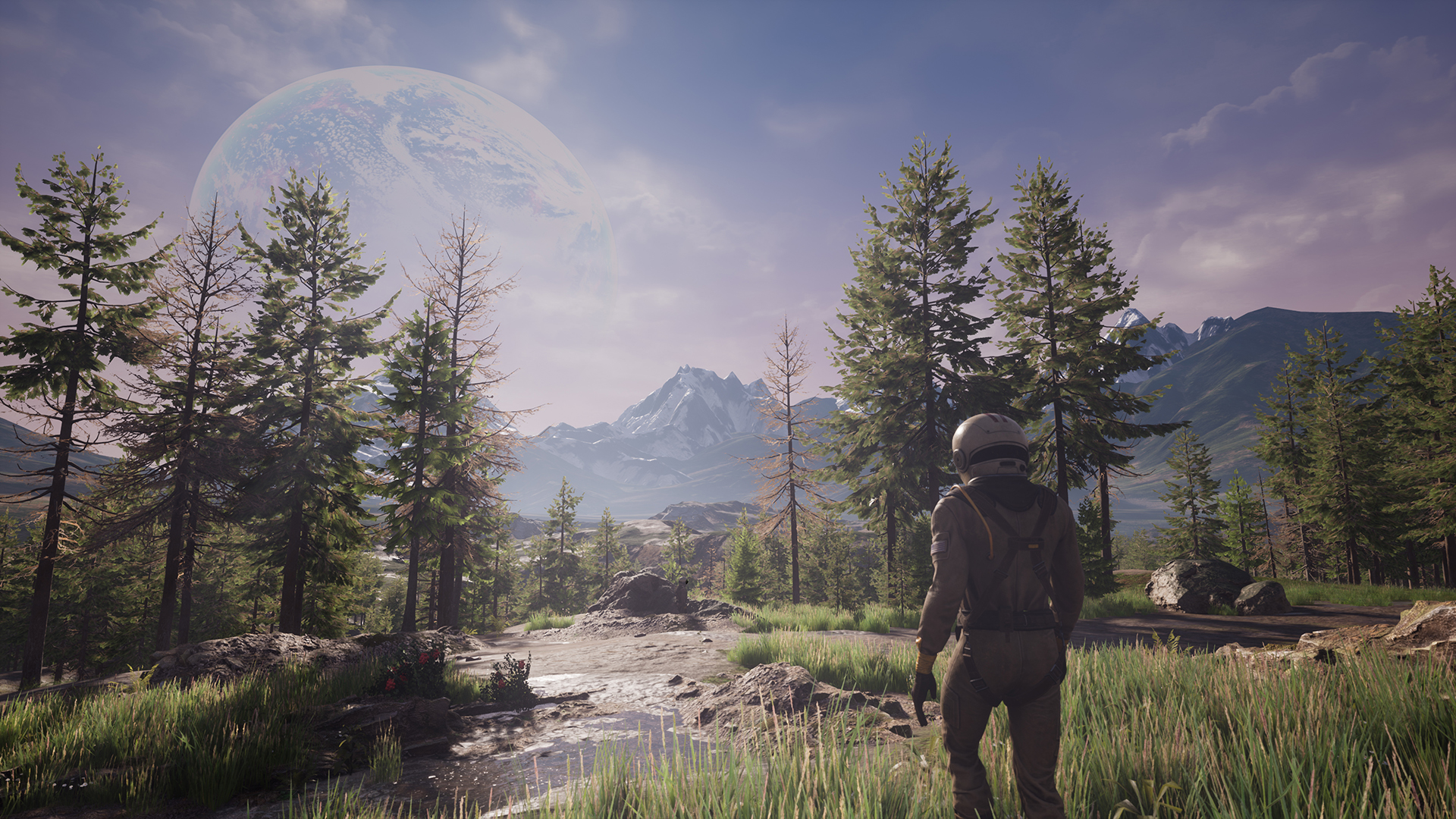Australia’s new 30 to 40 percent tax incentive for video games will halt New Zealand’s video games sector growth, which has recently been the fastest growing part of our screen industry, says NZ Game Developers Association chairperson Chelsea Rapp.
“Our interactive industry can’t access New Zealand’s own screen incentives, which is bad enough, but now with this competition from Australia, we’ll see a clear brain drain with investment following,” says Rapp. “While New Zealand has an incredibly talented and globally successful games industry, we can’t compete when you could get a 40 percent discount to relocate to Australia. Any chance we had of attracting overseas studios to set up shop in New Zealand ends in 2022, and some New Zealand studios are already looking at expanding into Australia instead of expanding locally.”
Over the past decade New Zealand’s video games industry has been our fastest growing creative industry and a major digital exporter. The sector earned $323.9 million in the year to 1 April 2020 and had been growing 42 percent annually – but this is now at risk.
The new Australian scheme is similar to the New Zealand Screen Production Grant, which attracts major film and TV productions to shoot here, but which interactive media is banned from accessing. As part of its annual Budget the Australian Government announced a 30 percent refundable tax offset for video game productions from 2022. In addition, several Australian states top this up by a further ten percent. Worth over $250 billion annually, video games is the largest entertainment industry in the world and many countries compete to attract studios. Similar incentives for video games exist in Canada and Europe.
The New Zealand Game Developers Association has already proposed to the Government that our visual effects grant could easily be adapted to include video games as the workers, qualifications and tools used are largely the same. Several large international studios have inquired about moving to New Zealand, including in the midst of covid-19 lockdowns, but have been rejected.
It is also likely that any video game incentives would benefit locally-owned businesses more than Hollywood productions. The Association has also proposed an Interactive Innovation Fund to develop locally-owned productions. “Film productions often leave town when they are finished, whereas a game studio is far more likely to remain in New Zealand, contributing to the local economy and helping to build lasting skills and communities,” continued Rapp.
Major sporting tournaments will also be attracted to Australia instead of here according to the New Zealand Esports Federation. “This is not speculation, studios and investors are already huddling today about a shift to Australia, in order to be more competitive. Kiwi jobs have unfortunately been lost to inertia. Given the times our Government should be seeking to accelerate the industry not handicap it,” says John McRae, VP of the New Zealand Esports Federation.
“I fear if this incentive is not met or better we will see a hollowing out of the gaming and esports industry in New Zealand. That will hamper innovation and job creation in related sectors including defence, medical tech, education technology and film.”




